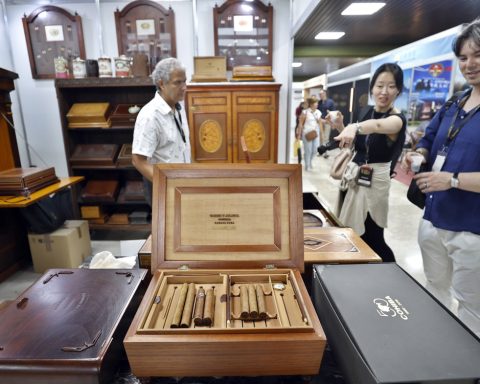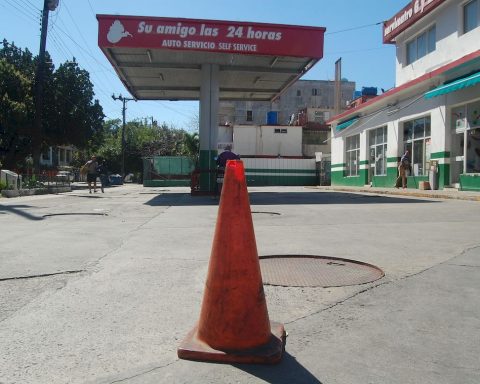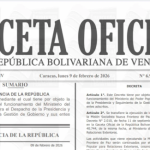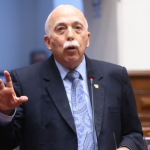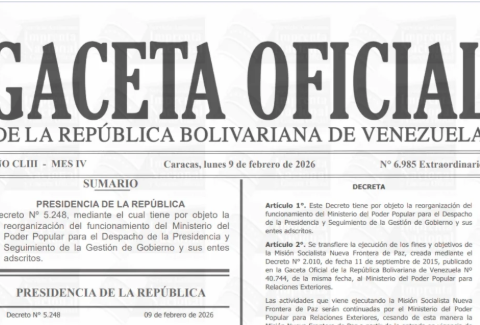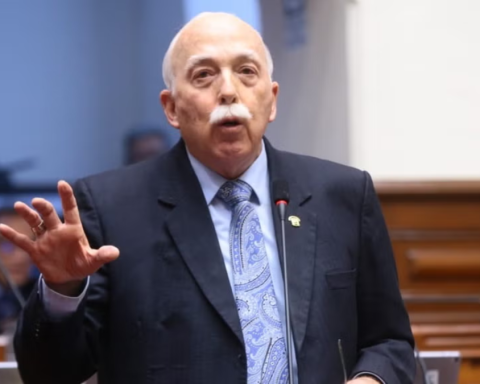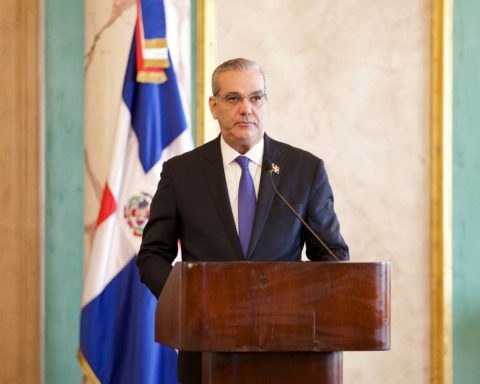With the presence of the Army General, Raúl Castro, and the president of the nation, Miguel Díaz-Canel, the parliamentarians backed a plan that supports economic programs and basic services to the population with 73 percent of the resources.
For essential sectors such as education and health, 112 billion pesos will be provided, while almost 10 billion will be allocated to science, technology and innovation, the latter recognized as axes of the economic development of the Caribbean island.
Million-dollar figures will also cover housing solutions for mothers with three or more children under 17 years of age, subsidies for people with constructive needs in their homes and the transformation of neighborhoods and communities.
Deputy Félix Martínez, president of the Parliament’s Economic Affairs Committee, read the opinion of the budget bill, which points out challenges such as the search for greater economic efficiency in the business system, taking advantage of the potential reserves that exist in the economy and the fight against tax evasion, among others.
In the debate of the deputies, he highlighted the opinion of the young Danny Díaz, who considered it essential to find new employment opportunities for young people, as well as to overcome the shortcomings of the Cuban business system, so as not to blame the pandemic or the ordering of problems that exist today.
Díaz highlighted the high social character of the Budget Law, in which words such as community, territorial stand out, “which is consistent with the Cuba that we are living today, but it is a conquest for more than 60 years of the Revolution” .
For her part, the Minister of Labor and Social Security, Marta Elena Feitó, pointed out that even when obstacles have been eliminated, greater production, efficiency and development of the productive forces is necessary to have an impact on better income and results.
The head of the sector referred to the importance of overcoming the welfare approach in caring for vulnerable people, to transform the social prevention system with more job creation and services.
Deputy Jorge Crespo addressed the importance of the population in each municipality participating, discussing, proposing and evaluating the uses of the budget and the way in which it responds to the solution of their needs.
By the way, Gladys Bejerano, Comptroller General of the Republic, advocated for the efficient administration of resources, by those in whom the citizens entrusted that responsibility.
The eighth regular session of the ANPP began on December 18 with the restart of the legislative exercise, the analysis of the State budget and other economic issues, as well as control over institutions and officials.
